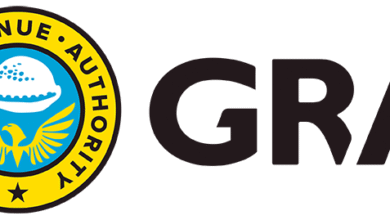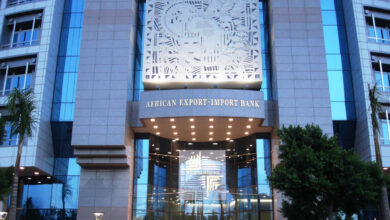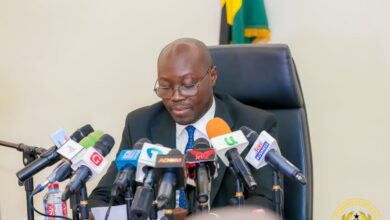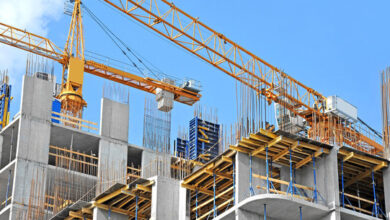IMF Board Meets Today: Ghana’s Economic Reforms Face Crucial Credibility Test
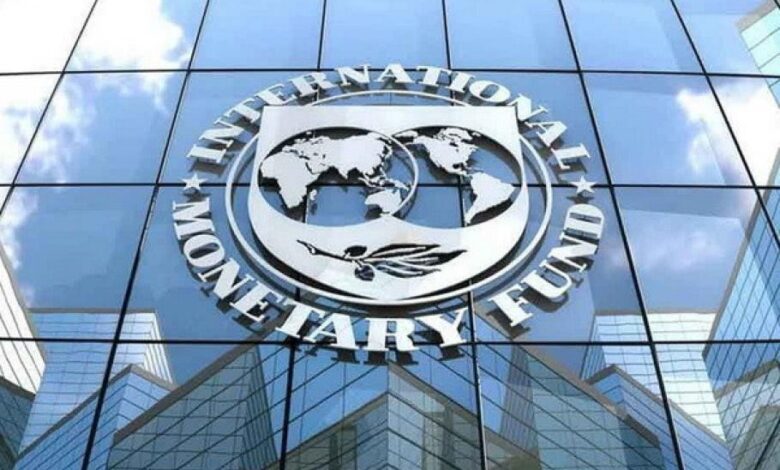
All eyes are on Washington today as the Executive Board of the International Monetary Fund (IMF) meets to assess Ghana’s progress under its $3 billion Extended Credit Facility (ECF) programme.
The review comes at a critical time for Ghana, which is navigating a fragile economic recovery after two years of fiscal distress, debt restructuring, and inflation shocks.
Today’s session marks the fourth review under the programme. If approved, it will unlock a $370 million disbursement, bringing total receipts under the programme to nearly $2 billion. The decision also follows a $360 million World Bank facility announced just last week, signaling a coordinated push by Ghana’s development partners to keep the country on track.
But beyond the numbers, today’s IMF decision is widely seen as a credibility test—not only for Ghana’s reform agenda, but for its ability to balance fiscal discipline with real economic relief for ordinary citizens.
What’s on the Line?
For Ghanaian households still battling the high cost of living, the stakes are real. Inflation, while easing from its 2022 peak of over 54%, remains stubborn at 18.4% as of May. The cedi, though more stable recently, continues to face pressure in the parallel market, where rates have crossed GH¢12 to the dollar.
Approval of the IMF tranche is expected to replenish foreign reserves, giving the Bank of Ghana more room to manage currency volatility and provide assurance to importers, businesses, and consumers.
But economists warn that sustained impact depends less on disbursements and more on how Ghana follows through with promised reforms in public financial management, energy sector restructuring, and social protection.
“Today’s IMF review is more than a procedural check-in, it’s a litmus test of whether Ghana’s reforms are real and resilient,” said a senior economist with a local policy think tank.
Pressure to Deliver
The IMF staff-level agreement reached in April praised Ghana’s progress on structural reforms and fiscal tightening. But observers note that public patience is wearing thin, especially amid reports of rising utility costs, tight credit conditions, and limited public sector hiring.
With general elections just over a year away, political pressures could complicate reform implementation. Analysts say any IMF endorsement today must be matched by consistent domestic execution to avoid slippages in 2026 and beyond.
Market Watching Closely
Financial markets are already pricing in optimism. The Ghana Stock Exchange has seen steady activity in recent weeks, and analysts expect further cedi stability if the IMF disbursement is confirmed.
“Investors want to see more than one-off inflows. They’re looking for signals of macro stability, transparency, and growth momentum,” noted a currency trader in Accra.
Looking Ahead
As the IMF Board deliberates, the key question isn’t just whether the $370 million will be approved, but whether Ghana will continue proving that it can walk the talk of reform. With donor confidence, investor sentiment, and everyday livelihoods in the balance, today’s decision could shape Ghana’s economic narrative well into 2026.

